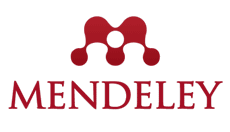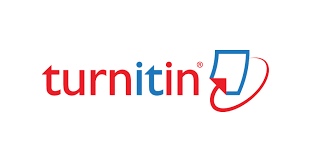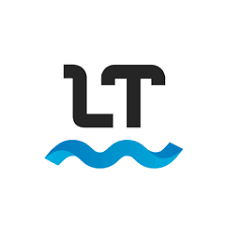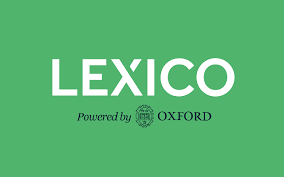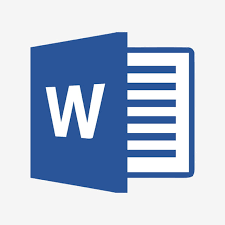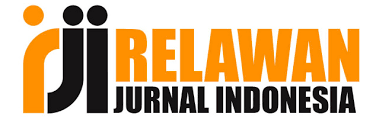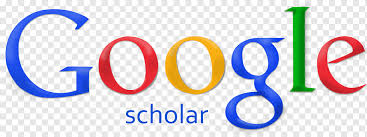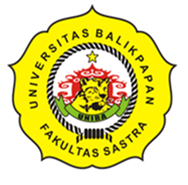THE THE PERCEPTION OF THE STUDENTS IN THE USE OF GUESSING GAME IN ENHANCING VOCABULARY LEARNING MOTIVATION
A Descriptive Quantitative Research in The Second Semester Students of English for Business and Professional Communication in The Academic Year of 2022-2023
DOI:
https://doi.org/10.36277/jurnalprologue.v10i1.142Kata Kunci:
Perception, guessing game, vocabulary learning, advantages, disadvantagesAbstrak
This is a descriptive quantitative research with 30 students as the respondent. Questionnaire was used as the instrument of data collecting. 57% respondents strongly agree that games motivate students in learning a language, 57 % respondents strongly agree that guessing game is useful tool be applied, 50 % respondents agree that guessing game is effective tool be applied, 60 % respondents strongly agree that guessing game makes learning vocabulary become more interesting, 50 % respondents strongly agree that guessing game makes learning vocabulary become more enjoyable, 40 % respondents agree that guessing game can reduce the students’ anxiety, 57 % respondents agree that guessing game can increase the students’ positive feeling, 63 % respondents agree that games improve self-confidence, 50 % respondents agree that guessing game is a useful tool in improving vocabulary acquisition in natural way, 70 % respondents strongly agree that guessing game can create fun atmosphere, 63 % respondents strongly agree that guessing game is recommended in vocabulary learning, 70 % respondents strongly agree that guessing game gives a lot of advantages in learning vocabulary, 63 % respondents disagree that guessing game has disadvantages in learning vocabulary,57 % respondents disagree that guessing game is time consuming.
##submission.downloads##
Diterbitkan
Cara Mengutip
Terbitan
Bagian
Lisensi
Hak Cipta (c) 2024 Fariska Wulandari

Artikel ini berlisensiCreative Commons Attribution-NonCommercial-ShareAlike 4.0 International License.



